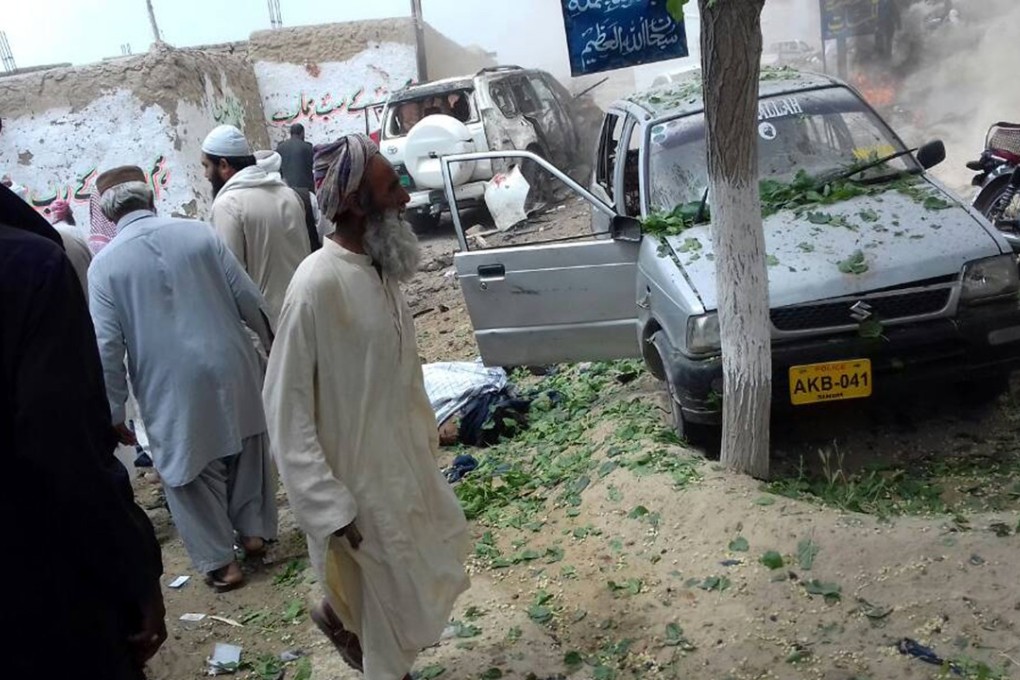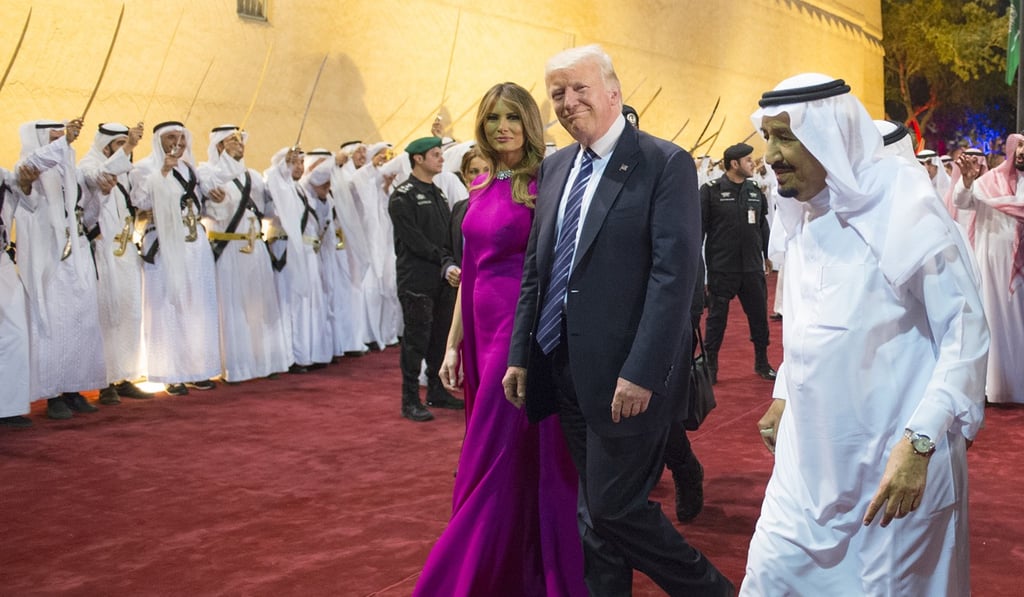The US-Saudi plot for Iran that spells trouble for China’s new Silk Road
Riyadh may already have the building blocks for a proxy war in Balochistan, a key part of Beijing’s Belt and Road Initiative

US-backed Saudi plans to destabilise Iran threaten to substantially worsen security in the already troubled Pakistani province of Balochistan, a key maritime and land node in China’s Belt and Road Initiative.
Saudi Arabia, emboldened by US President Donald Trump’s visit to the kingdom this month and his embrace of its view of Iran as one of the world’s foremost terrorist threats, sees Iran’s ethnic minorities as a way of destabilising the Islamic republic, if not toppling its government.
Balochistan, a volatile, once independent, inhospitable and difficult to access expanse that straddles the Iranian-Pakistani border, looms large in the Saudi plans. Home to the Chinese-backed port of Gwadar, 600km east of the world’s biggest energy choke point, the Strait of Hormuz, Balochistan has long been troubled by a low level nationalist insurgency. To counter this, Pakistan has backed religious militants, who also enjoy Riyadh’s support.

A vital cog in the China-Pakistan Economic Corridor (CPEC), a US$56 billion Chinese-funded project to shorten the distance that oil travels from the Gulf to China and further economic development in China’s restive north-western province of Xinjiang, Gwadar has struggled to get off the ground since it was first inaugurated nine years ago.
Baloch nationalists in Balochistan have vowed to thwart CPEC. “This conspiratorial plan is not acceptable to the Baloch people under any circumstances. Baloch independence movements have made it clear several times that they will not abandon their people’s future in the name of development projects or even democracy,” said Baloch Liberation Army spokesman Jeander Baloch.